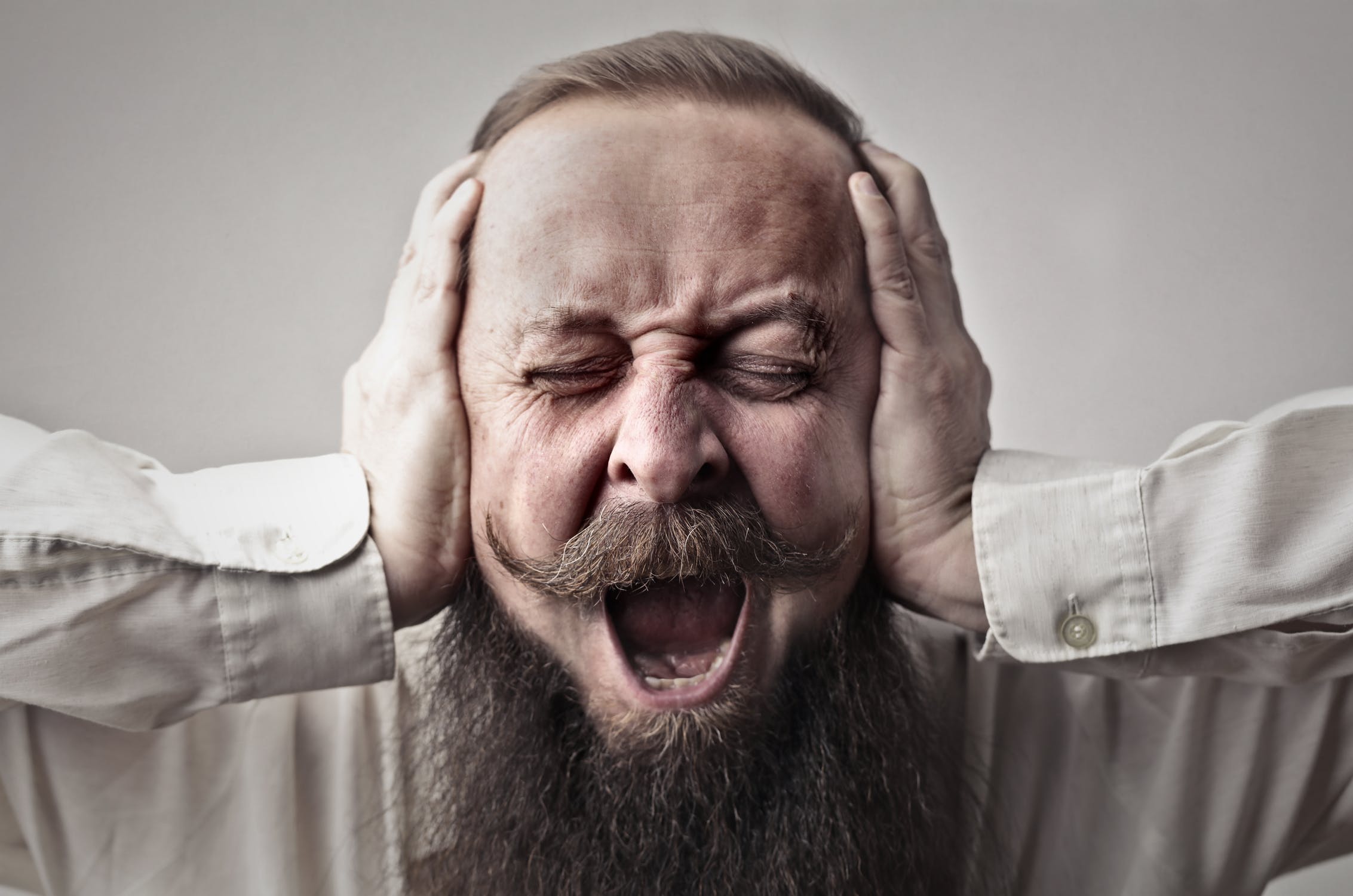What is Tinnitus?

Tinnitus is a medical term for the appearance when a person hears sounds in the head or the ears when these sounds do not exist in the external environment.
Most often, people who suffer from this problem describe it as "ringing in the ear", while others describe it as hissing, whistling, howling, or chirping. It is important to emphasize that tinnitus or ear ringing is not a disease or condition. It is a symptom that indicates a more serious problem such as an ear infection, high blood pressure, or most commonly, hearing loss.
What Causes Tinnitus?
Scientists and doctors do not know for sure what the physical cause of tinnitus is, but there are several known triggers that activate or aggravate tinnitus.
These include:
Loud noises and hearing loss
Exposure to loud sounds or noise can destroy the stereocilia (small products of hair cells, sensory cells) in the cochlea(it is a spiral tube that contains the sensory organ of hearing)
Aging
In the process of aging, this same cilia in the cochlea gradually lose their function and deteriorate which can lead to tinnitus but also, as we already said- hearing loss.
Ototoxic medicines
Certain medicines used under the strict control of doctors such as antibiotics, anti-inflammatory drugs, antidepressant drugs are harmful to the structures of the inner ear and nerve fibers that connect the cochlea to the cerebral cortex.
Hearing conditions
Conditions such as Meniere's disease and osteosclerosis are known to cause tinnitus.
Most tinnitus is associated with damage to the auditory system (hearing), but it can also be related to other factors: injury of the jaw, head or neck; exposure to some drugs; nerve damage; or circulation problems.
Ear ringing may be associated also with other factors such as impaired hearing, dizziness, head trauma, sinus infection, or middle ear infections;
Patients with this problem may suffer from migraines, hormonal changes, diabetes, fibromyalgia, Lyme disease, allergies, vitamin deficiencies, cerebrospinal fluid pressure, lead exposure. Besides, excessive alcohol or caffeine intake causes some people to have tinnitus.
Diagnosis
Certainly, we should not take our health for granted, and the first step in the fight against tinnitus should be to schedule an appointment with a tinnitus and hearing professional.
In a patient with ear ringing, it is essential to have an ORL examination followed by audiometry (hearing measurement) and tympanometry (middle ear function test).
Therapy and treatment
If a specific cause of tinnitus is detected, then that disease is treated. For example, if ringing in the ears is caused by dysfunction of the temporomandibular joint, a therapy will be prescribed that will repair the function of this joint; if an ear infection is the cause, then appropriate therapy is prescribed; in otosclerosis, therapy is surgical.
However, for most ear ringing, where there is no specific cause, a different treatment and approach is used, which includes medication, counseling and sound-masking devices. And it is important to know that not every patient with these symptoms is treated with the same therapy.
